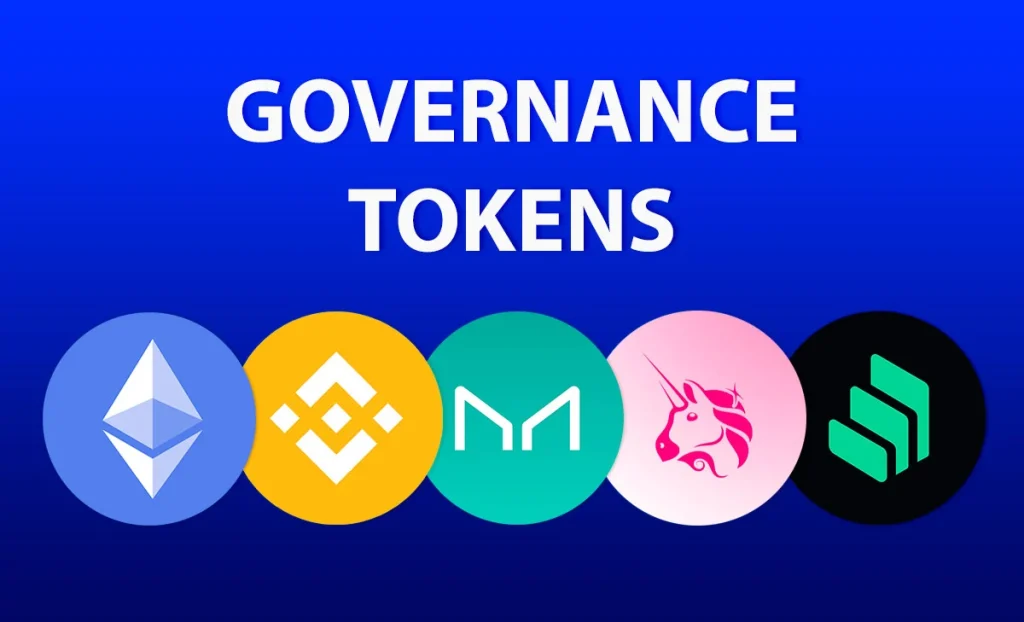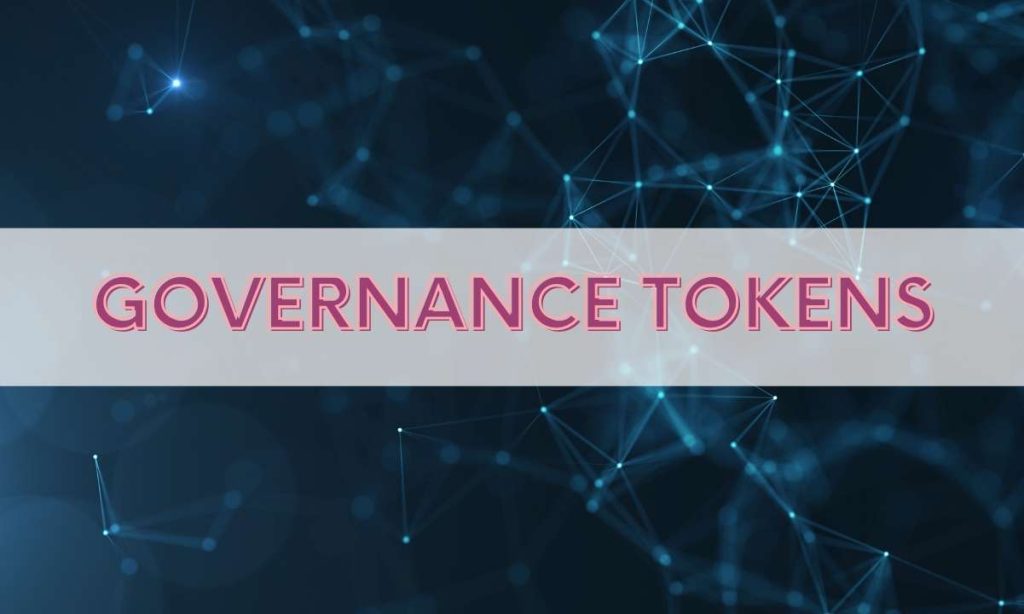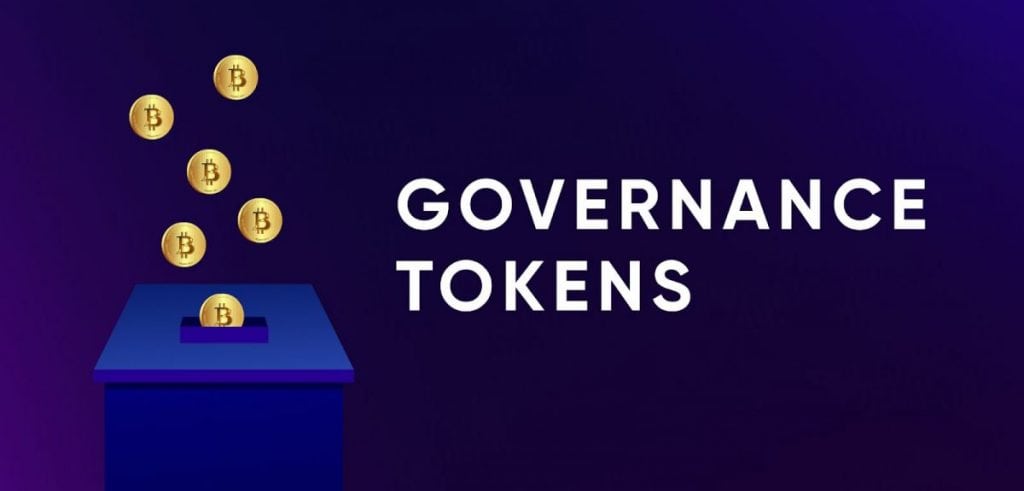In esports competition, engagement is at the pinnacle of priority. For years, esports franchises have been trying to come closer to their communities, implementing new strategies like interactive livestream chat sessions or content appealing to fans. Now, an increasing amount of teams are attempting to experiment with governance tokens – a form of voting power on assets maintained on the blockchain – in order to provide supporters a voice that will allow them to vote on franchise decisions. These tokens offer organizations a way to pay operational expenses, share profits with initial investors, and promote a stronger ownership feeling among fans who actively participate in the decisions that influence the team’s business and competitive activities. A new direction of shared governance is emerging as a powerful model after starting off as an innovative endeavor. It has redefined the gaps between investors, operators, and spectators, and fundamentally shifted how we perceive investment in franchises.
How Esport Governance Tokens Work

Fundamentally governance tokens function as shares of a decentralized corporation. Every single token matters as it provides a vote for certain proposals.
Voting isn’t restricted only to as mundane as team jerseys or content theme selection, it can also expand to choosing what game titles the franchise should venture into next. Like any other esports organization, when creating tokens on a public blockchain, they mint a certain percentage of the total supply that is up for grabs to fans, investors and community contributors. Those who buy tokens, get access to what is known as the franchise’s governance portal which can be accessed on the blockchain. Here, users can freely propose defined proposals and vote on set ones as per instructions gelardin. Votes from smart contracts take care of the voting process in real time, thus, the results are instant and even more importantly, transparent and impossible to tamper with. This model enables token holders to make important decisions on professional sports non-core decisions such as content schedules, marketing partnerships or fan-experience initiatives while still reserving core control for the coaches, professionalism staff, and everything strategic.
Funding Growth and Sharing Upside
One of the most immediate benefits of governance tokens is their power to create new investment opportunities. Unlike traditional esports franchises that rely on venture capital, sponsorships, and tournament winnings (all with their own timelines and uncertainties), teams can raise capital from their communities by auctioning governance tokens. This sells the interest of fans and franchises alike. Additionally, smart contracts can be set up to pay token holders a portion of revenue generated from merchandise sales, media rights, or prize-pool bonuses. Support turns into ownership as token holders derive value from the franchise’s growth: the franchise’s value increases, the tokens’ on-chain scarcity rises, and revenue streams increase. This chance is exciting for early adopters- to contribute to the team’s identity and hope for a real profit when the franchise wins a marquee tournament or secures a new sponsorship deal.
Strengthening Community Ties and Loyalty
Tokens of governance provide more than simply building communities. They also provide powerful opportunities for community loyalty. Token holders are more likely to invest their time and efforts in a franchise’s ecosystem –supporting advocacy, working on proposal sponsorships, and even becoming vocal banners for the team on social media. Fan forums advance from echo chambers into decision-making forums that allow multiple voices to participate and affect crucial operational decisions. As an example, a mid-tier franchise utilized token-based voting to choose between two proposed training facilities, and voted for the one that had greater streaming studio capacity. Fans then funded the franchise by producing tutorial videos and behind-the-scenes vlogs focused on the new studio. Collaborative cultures like this alleviate the disconnection spirit that arises when fans feel emotionally distanced by decisions made based on investor or corporate thought. Instead, every design or schedule of released content for ‘content’ jersey becomes a shared milestone where fans feel involved and strengthen their loyalty miles past a spectator-team bond.
Navigating Governance Obstacles and Optimizing Strategies
Tokenized governance comes with its own challenges despite its advantages. Franchise tokens require a franchise to specify what decisions can be voted on through tokens and what decisions fall within the burden of management. Allowing fans to vote for acquisitions and strategic coaching hires can be detrimental to competitive performance because community opinion tends to lean towards popular names rather than the most efficient roster. To circumvent this, many teams limit token votes to matters related to fan experience like content calendars, automated updates, jersey mockups, charity initiatives, and fandom activities while most important sporting decisions are left to coaches and executives.
Another challenge is equity of governance. If a few wealthy supporters control the majority of tokens, they dominate governance outcomes, which goes against the democratic ideal. Franchises solve this by placing vote caps—limits on how many votes any one wallet can cast—or a quadratic voting system that limits the impact of large holders. Regular token unlock schedules also limit the discrimination of large holders that don’t actively participate and encourage commitment. Most importantly, governance democracies need flexible education on the definition scope of proposals. Teams that implement comprehensive onboarding guides, tutorial livestreams for voting, and real-time decision-making dashboards tend to have higher participation rates and inform community deliberation significantly.
The Future Is Here: Merging Governance With Esports Ecosystems

With time, we should see more integration into the sinister and expansive esports ecosystem as there is a proliferation of governance token endeavors. Some examples of innovative use might include token gated VIP tokens that allow holders access to exclusive training-camp livestreams, in-person meetings, and behind-the-scenes tours. Cross-franchise DAOs might form where a pseudo coalition of token holders collaborates on league level initiatives such as broadcasting standards, or even multi-team charity events. In-game assets (unique team skins, emotes, or even voice packs) could be tokenized under the same governance umbrella so that fans would be able to vote on what the team’s players use during live matches.
The evolution of governance tokens will be shaped by the legal policies regarding digital assets and securities. Therefore, they are in for some changes. Local and global laws concerning the sale of tokens, sharing proceeds, and financial disclosures will always remain a concern for esports organizations. Their credibility suffers and the speculation around tokens not being concerns but real statements of fandom for the followers need to be taken seriously. Transparent legal adherence and alliances with well-known blockchain systems do ensure the reliance.






Leave a Reply